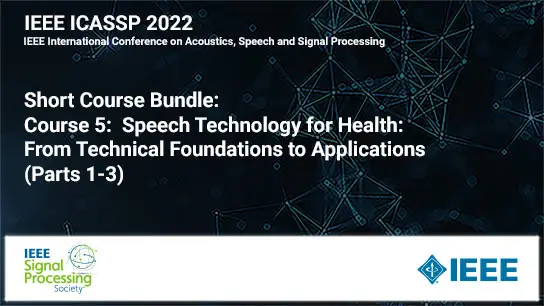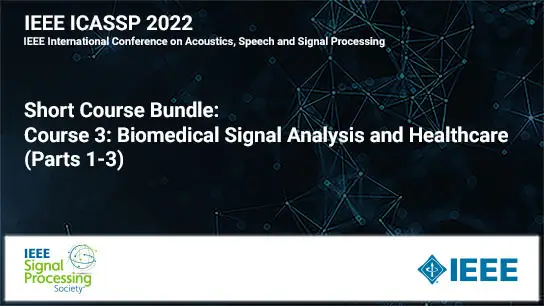Multi-Class Brain Tumor Segmentation Via 3D And 2D Neural Networks
Sergey Pnev, Vladimir Groza, Bair Tuchinov, Evgeniya Amelina, Evgeniy N Pavlovskiy, Nikolay Y Tolstokulakov, Mihail Amelin, Sergey Golushko, Andrey Letyagin
-
Members: FreeSPS
IEEE Members: $11.00
Non-members: $15.00Length: 00:04:10
28 Mar 2022
Brain tumor segmentation is an important and time- consuming part of the usual clinical diagnosis process. Multi- class segmentation of different tumor types is a challenging task, due to the differences in shape, size, location and scan- ner parameters. Many 2D and 3D convolution neural network architectures have been proposed to address this problem achieving a significant success. It is well known that 2D ap- proach is generally faster and more popular more the most of such problems. Also there are exist much more open sourced datasets with the 2D data. However, the usage of 3D models allows us to simultaneously improve the quality of segmenta- tion. Accounting the context along the sagittal plane leads to the learning of 3-dimensional features that we used for com- putationally expensive 3D operations. But it increases the learning time as well as decreasing the speed of operation. In this paper, we compared the 2D and 3D approaches on 2 datasets with MRI images: the one from the BraTS 2020 competition and a private Siberian Brain tumor dataset. In each dataset, any single image is represented as 4 se- quences T1, T1C, T2 and T2-FLAIR, annotated by two neuro-radiologist specialists. The datasets differ from each other in the dimension, grade set and tumor type. Numerical comparison was performed based on the Dice score index. We analyzed case be case which ones caused difficulties for the models and what was the main reason for that. The results obtained in our work suggests interesting conclusions and will allow us to get a little closer to AI-assisted diagnosis.



